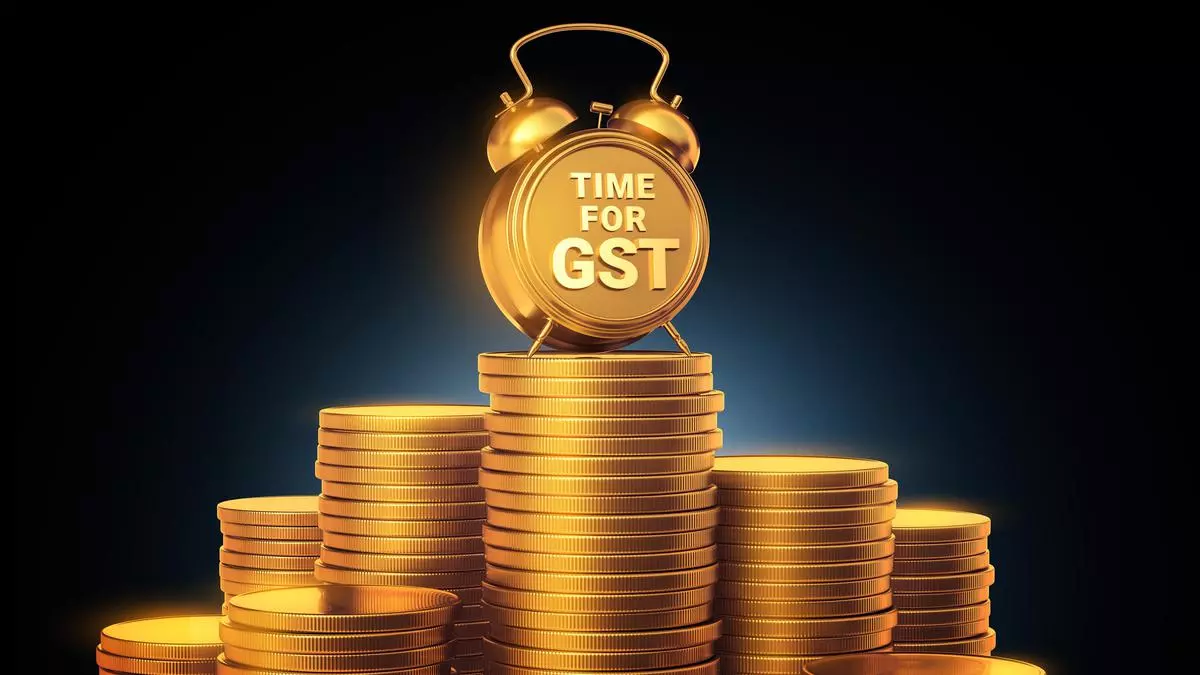This is the second time that the Madras high court had stood up for the taxpayer. Earlier in a landmark judgement in Refex Industries case in January 2020, Madras HC held that GST interest is not payable when there is input task credit (ITC) available. Instead of appealing to the Supreme Court, the government inserted a new proviso to Section 50(1) of the GST Act, with retrospective effect to align with the judgement.
Unfortunately, in the Refex industries case, one issue was left out. It was about levy of delayed payment interest for GST even if cash is paid by the taxpayer and lying as balance in the Electronic Cash Ledger. The GST authorities claimed that the cash paid is just a deposit and not a payment under the GST Act and hence despite cash paid to the department, the 18 per cent interest is payable. The interest clock will stop only after the taxpayer files the GSTR 3B.
In the Eicher Motors case, the company had deposited the entire GST payment in time but could only file the return late due to some technical issues. The department issued a claim for ₹23.76 crore interest, after 6 years. So, the core issue before the court was whether the 18 per cent interest is chargeable on the dues already paid to the GST department. The Jharkhand HC gave a judgment saying interest is leviable.
In my article published in gavel on January 29, 2023, I had argued that the Jharkhand HC’s judgement was erroneous. My argument based on the irrational and artificial classification created by the new proviso, between the cash deposited and the input tax credit. I also argued that cash paid was already in government coffers and hence it would result in a case of “undue enrichment” on the part of the government, which used the money and charged 18 per cent interest.
Now, the Madras HC has reached the same conclusion. Highlights are :
1. Tax liability is discharged as soon as the deposit amount is credited into the government’s account. The department argument of linking payment to filing of GSTR 3B return is not borne out by the literal interpretation of section 39 of the GST Act which clearly demands that the tax is paid first and only then GSTR 3B return is filed.
2. The money deposited goes into the Consolidated Fund of India. Exchequers cannot be deprived of the right to utilise the amount till the GSTR 3B return is filed. Hence the interest claim of the GST department is untenable.
This judgement has huge implications for MSMEs. It has exposed the double standards adopted by GST authorities that have put enormous pressure on taxpayers, especially the MSMEs, to pay GST dues at the earliest but refuse to give interest for part-payment of collected money. The logical next step is for the government to issue an amendment, with retrospective effect, to define “tax deposit as tax payment”. This would be in line with the agent role of the taxpayer to levy and collect the GST and remit to the government.


